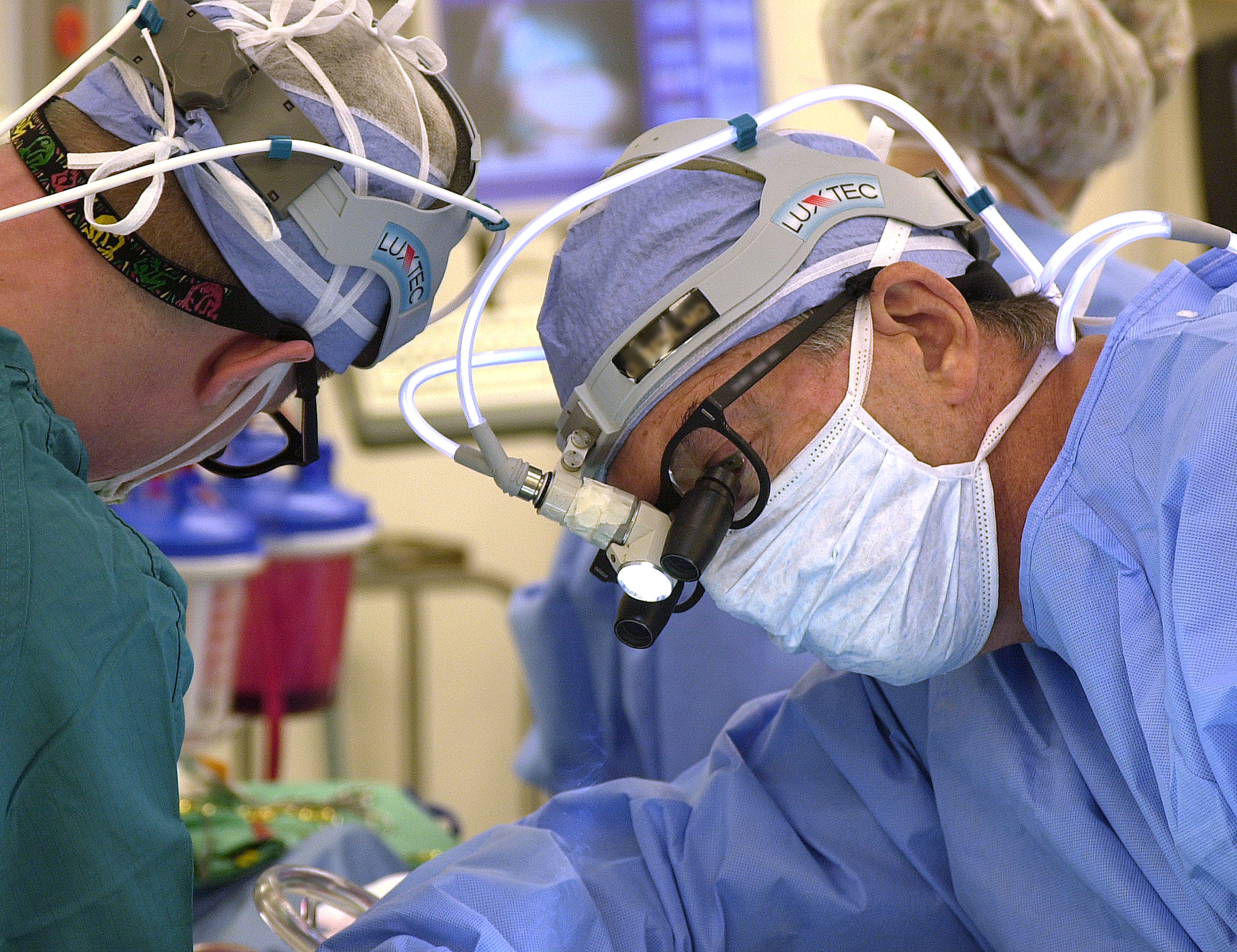COVID-19's Unique Impact on Independent Health Care Providers
Published Aug 02, 2020 by Julia McGowen
As the pandemic continues, COVID’s crosshairs have settled on yet another victim: independent health care providers. From dentist offices to family practices, these facilities and those they employ face unique challenges to keep their (sometimes virtual) doors open.
Dr. Paul Hain, Chief Medical Officer at Blue Cross and Blue Shield of Texas, presented his perspective on this challenge during a recent Partnership Health Care Council webinar.
While the greater Houston region's health care system is faced with combating COVID-19 cases and hospitalizations, providers and hospitals are experiencing sharp declines in revenue due to the pause in elective surgeries and the office closures of independent and specialty health care providers. Hain detailed how the CARES Act has allocated $175 billion in funding to help hospitals mitigate losses. Independent practices also benefited from the federal funds, but the support does not reach far enough in covering record revenue losses in the health care system.
Hain said he's seen independent providers quickly pivot to inventive measures in providing care that have allowed these providers to maintain cash flow and capacity, enabling them to keep their operations going.
“Blue Cross Blue Shield of Texas has seen stunning increases in telehealth claims," he explained. "Patients are realizing that care can be delivered very well via telehealth and we anticipate that members will continue to utilize this option well beyond the pandemic – telehealth is no longer a nice-to-have [tool].”
Independent providers will also have to adapt to value-based care contracts, which pay for quality outcomes rather than the volume of service and can them from a lack of volume.
“Telehealth and value-based care are going to be critical for the future of medicine,” Hain said.
The chief medical officer also expressed how Blue Cross Blue Shield has seen troubling declines in claims for routine care and vaccinations, which could have negative long-term impacts.
“We have seen people afraid to go to the ER with an unexplained drop in stokes, heart attacks, and people falling behind in significant regular exams and screenings, which may have downstream effects on people’s health because they are afraid to go to the doctor with non-COVID issues.”
Hain said that as health care providers have become used to operating under pandemic conditions, it has become safer to visit the doctor today than it was in March. He added that while telehealth has shown many benefits, there are still methods of care that cannot be delivered virtually.
Haim closed the virtual Council meeting by calling on Houstonians to follow social distancing and mask protocols, which not only protect ourselves, but more importantly, our health care providers.
“There is a shortage of nurses and acute care professionals, particularly respiratory care, which has pushed our systems to the limit in hot spots," said Hain. "We have to be able to take care of health care system so that the health care system can take care of you. It all wraps together. Masking in public and following good protocols is the best thing we can do for ourselves and health care system.”
Council presentations are exclusive to Partnership members. Members also have ongoing access to a recording of presentations on the online member portal. To learn about becoming a member, click here.
Visit the Partnership's COVID-19 resource page for updates, guidance for employers and more information.
 The Houston Report
The Houston Report




















